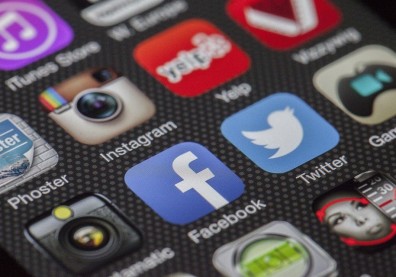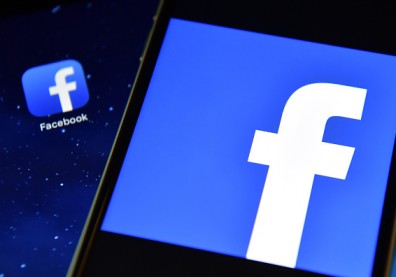It was last Friday when all the corners of Facebook learned from its creator Mark Zuckerberg that their company have a complex problem with fake news. This has been a serious talk around the world as his social media company has been the main carrier of wrong information.
"The bottom line is: We take misinformation seriously," Zuckerberg wrote. Facebook has been under "severe" fire during election period since a lot of people claim that there's an impossible amount of articles spreading on Facebook that are pro-Trump, Fortune says.
The problem with fake news is really bad that it might be impossible for Facebook to cut it down. Even Twitter has their fair share of spreading wrong information. In fact, New York Times just released a case study about a wrong information which bloated into a national concern.
A man named Eric Tucker released photos on Twitter of what seems to be buses of Trump protesters. With just 40 followers, he was still able to lure a lot of people into his social media account because of one, believable fake news. The post gained 16,000 retweets on Twitter and over 350,000 shares on Facebook. Three days after he posted it on Twitter, he took the post down and explained his reasons on his personal blog.
PC World was also able to dig the reason why these fake websites continue to do what they do. One fake news website owner even claimed that they are earning $10,000 per week in ad revenue, especially when these stories are all about Trump.
The researchers were able to pin down loads of fake news while they were doing the report. Most of it are extremely written in bad light but are still getting a lot of attention and shares. A lot of critics are now asking and thinking about the possibility that if all these fake news were controlled during election time, there might be a big difference in the results of United States' 2016 Election.








![Facebook Messenger Group Calling Now Available [Conference Call]](https://1779241332.rsc.cdn77.org/data/thumbs/full/78176/396/277/50/40/facebook-messenger-group-calling-now-available-conference-call.jpg)

